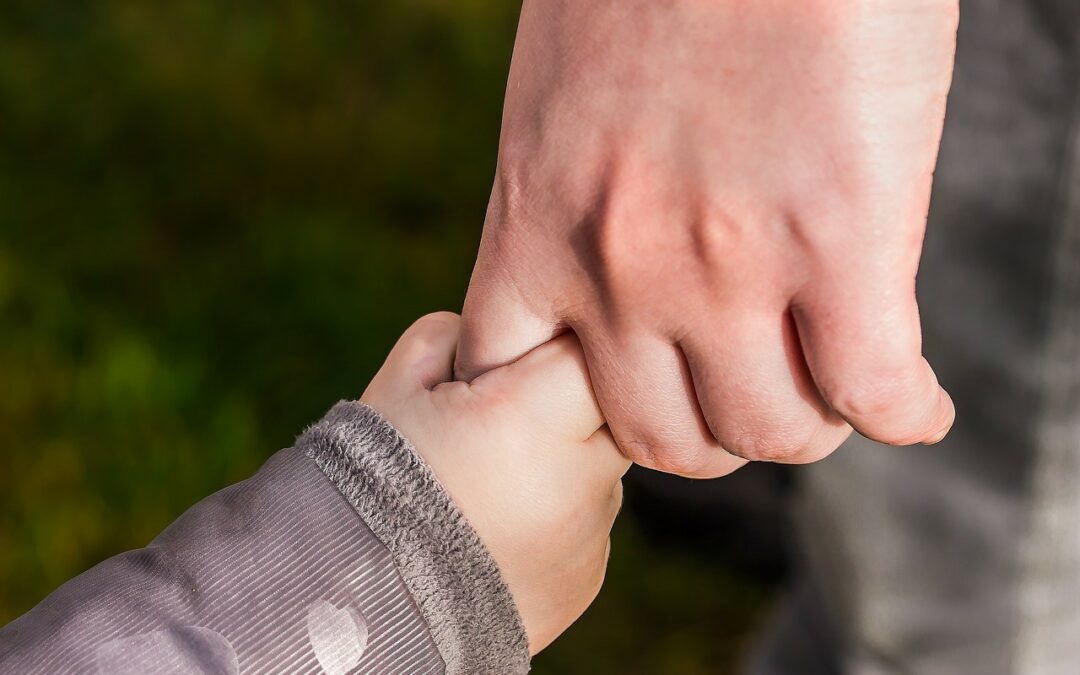Parental authority is defined in article 371-1 of the French Civil Code as « a set of rights and duties aimed at protecting the interests of the child ». Parental authority is vested in the parents until the child reaches the age of majority or becomes emancipated, and aims to protect the child’s safety, health and morality, ensure his or her education and development, while respecting his or her person.
Content and scope
The exercise of parental authority includes prerogatives aimed at protecting the child and ensuring his or her education. These prerogatives include decisions concerning :
-
-
- Health: Parents are responsible for the child’s health, including making medical decisions necessary for the child’s well-being.
- Education: Parental authority requires parents to ensure the child’s intellectual, moral and spiritual upbringing.
- Residence: Parents have the power to determine the child’s place of residence.
- Personal relations: Parents must control the child’s relations with third parties in order to protect his or her safety and morality.
- Major decisions: Parents must work together to make important decisions concerning the child’s life, such as health, educational guidance, religious education or change of residence.
-
General principles
Parental authority is exercised solely in the interests of the child, and parents must respect the child’s person.
Parental authority must be exercised without physical or psychological violence.
Children must be involved in decisions that concern them, according to their age and degree of maturity.
Holders of parental authority
In principle, parental authority is automatically vested in both parents once parentage has been established.
If parentage is established with regard to only one parent, that parent exercises parental authority alone.
The principle: joint exercise of parental authority
In principle, parental authority is exercised jointly by both parents, regardless of their situation (married, separated, divorced or unmarried), unless a court decision stipulates otherwise.
Exceptions: limitations and withdrawal of parental authority
Parental authority may be limited or withdrawn in certain circumstances, notably in cases of danger to the child or serious parental behavior (e.g., abuse, neglect, violence).
Such withdrawal may be partial or total, and is pronounced by a judge.
For further information or personalized legal advice, please do not hesitate to schedule an appointment.
